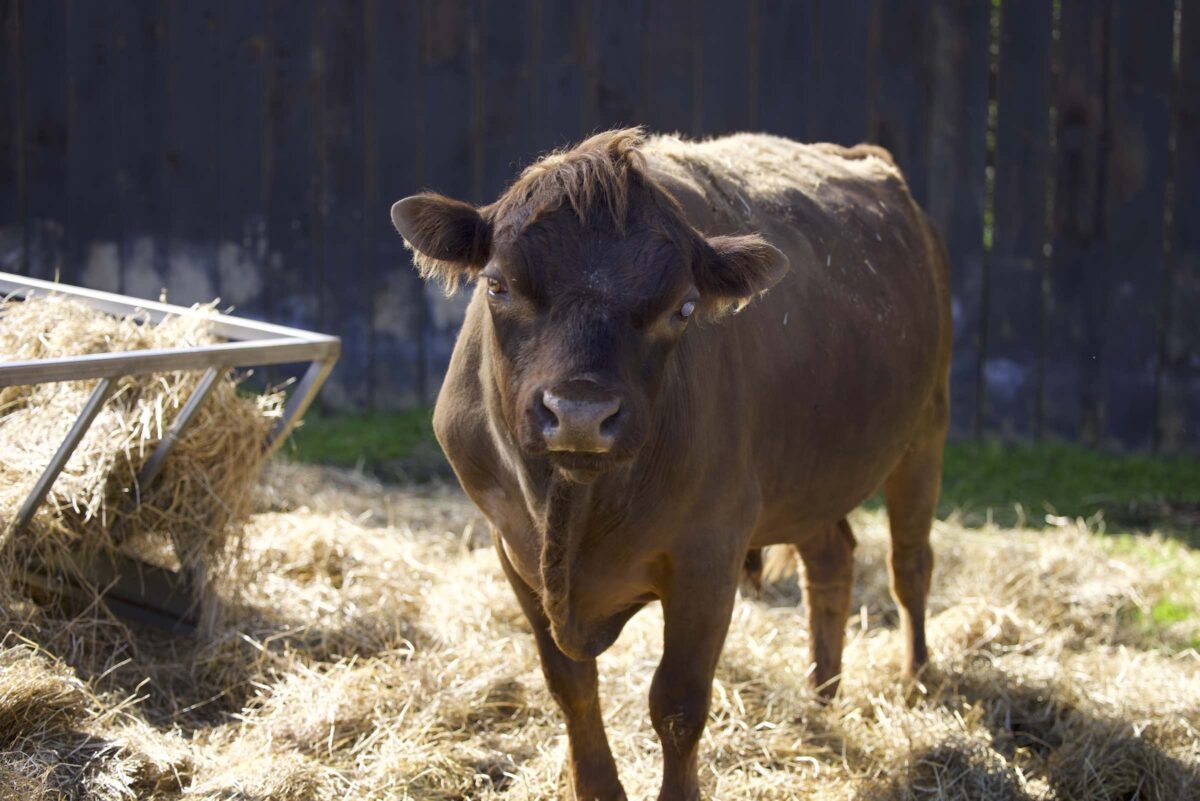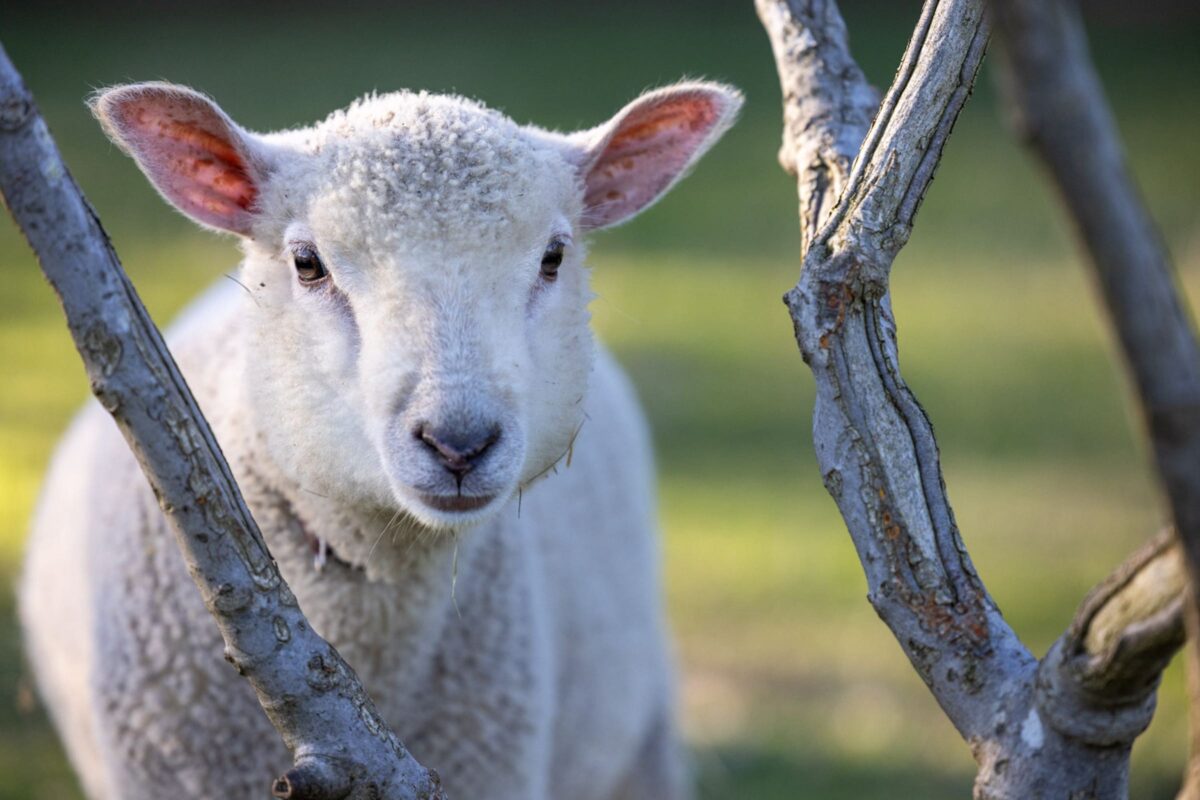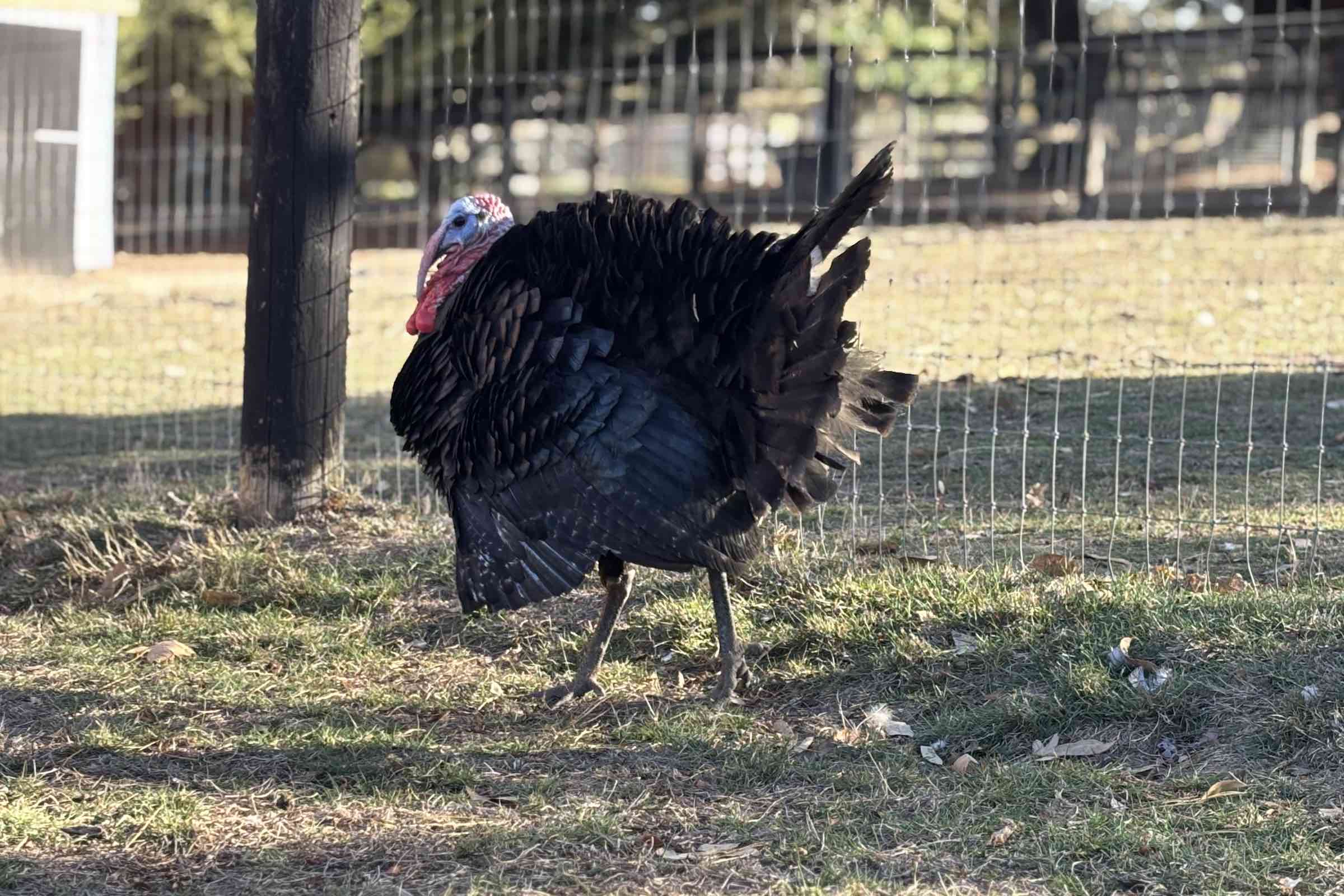
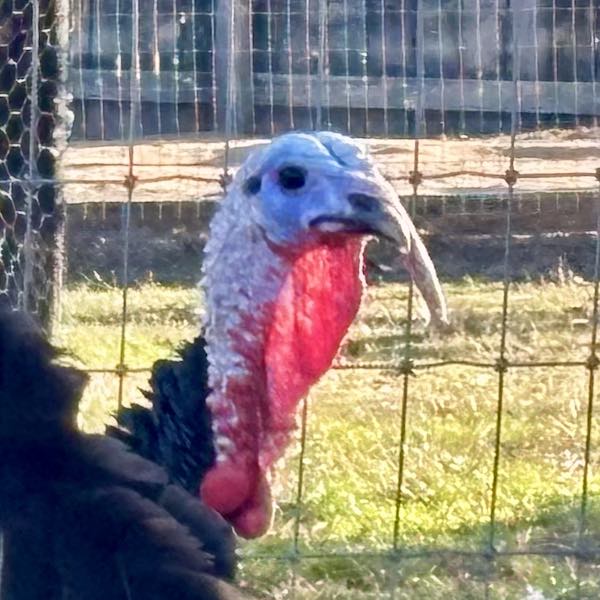
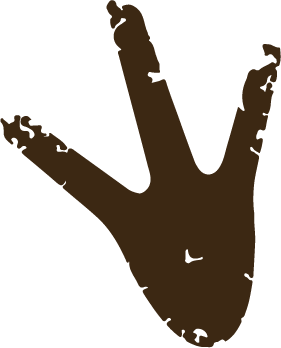
Becoming Tony
In an otherwise ordinary neighbourhood, something—or rather, someone—extraordinary appeared.
Perched in the green hush of a backyard tree, his glossy black feathers shimmered with iridescent threads of emerald and violet. But no amount of camouflage could shield his being from harm.
With his wrinkled, caruncled head and wary amber eyes, Tony Turkey tried to stay invisible in this unfamiliar world. He was young. Tender. A bird who had just escaped a dire fate.
Who could he trust? Where could he turn?
Everywhere he looked, he sensed danger.
Until now.
“We’ll call Edgar’s Mission,” the kind heart cried. And in those four simple words, Tony was offered a thread of safety—though he didn’t quite know it yet.
What must he think?
What must he feel?
We long for Tony to feel safe. Yet in a world that sought to separate him from his kin and raise him for his flesh, how do we earn his trust?
Naturally, he is unsure. His footsteps hold courage, but they carry caution too.
Though the sanctuary has no other Bronze turkeys like him, he is not alone. His companions—Neil Diamond and Gary, two irrepressibly cheerful ducks—greet him each day with waddling warmth. And in the generous spirit, they seem determined to show him the ropes.
But Tony… Tony remains hesitant.
He wanders curiously into enclosures not his own, then retreats before connection can take root. You see, while Tony can take a mighty jump, he cannot truly fly. Not because flight has abandoned him—but because human kindness once did.
His wild cousins can soar over trees, roost in high branches, and run with unexpected speed. But Tony carries the weight of human appetite—his body shaped by design, not destiny. A heavier breast for a fleeting feast. Flight traded for flavour.
And yet, still—he shines.
To some, turkeys are awkward. Ungainly. Unworthy of affection. But stand beside Tony in the morning light, and you’ll see him differently: a bird of majesty.
Of grace.
A teacher who asks us to look again.
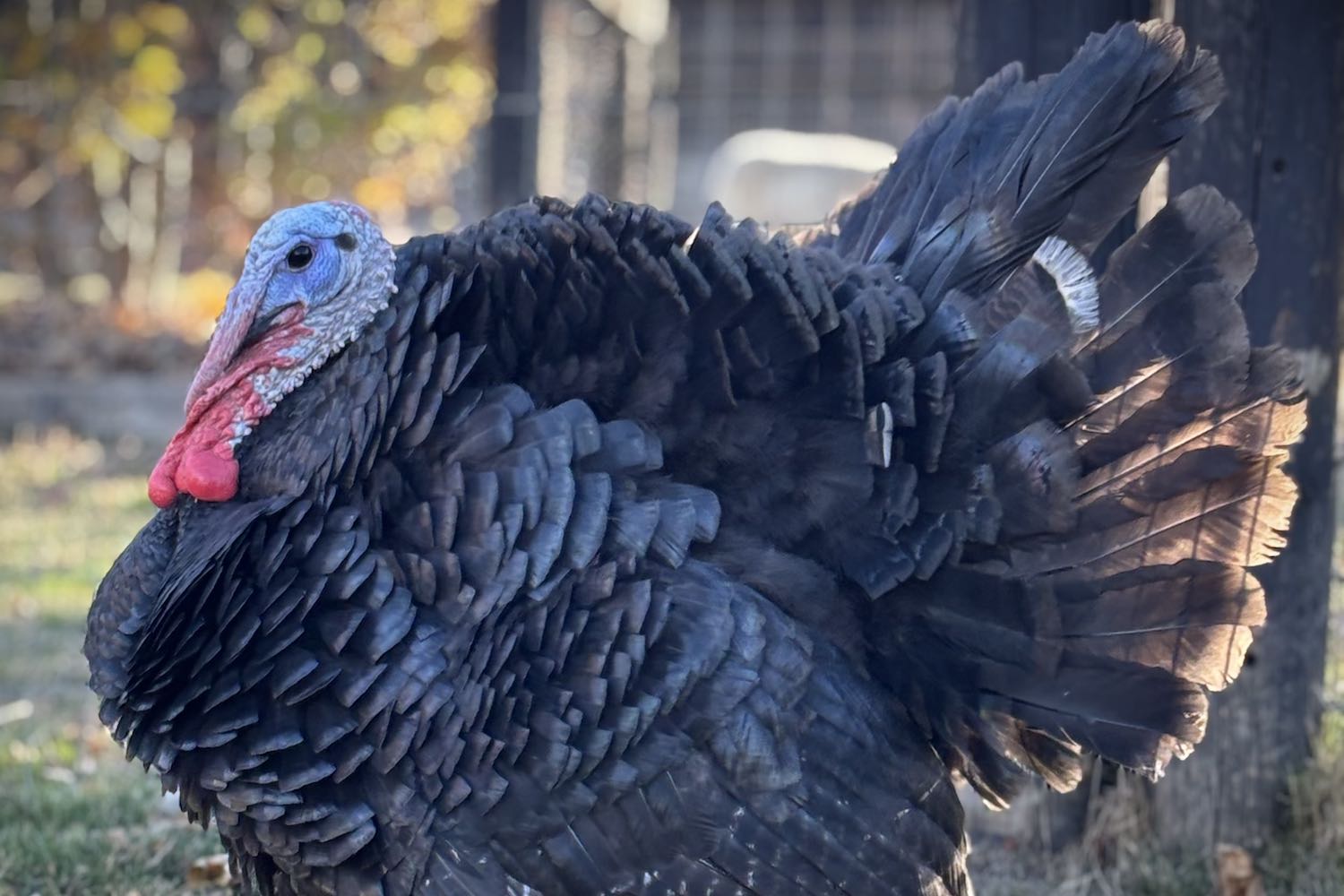
To measure worth not in usefulness, but in presence. To question a culture that calls some beings “ugly,” only because it cannot see clearly.
The way we treat animals profoundly affects not only their lives, but our own spiritual growth.
Because in Tony’s quiet gaze, we find a mirror—a chance to become gentler, wiser, more awake.
A chance to ask: What—or rather, who—else have we failed to see clearly?
Becoming Tony. Becoming our best selves.








